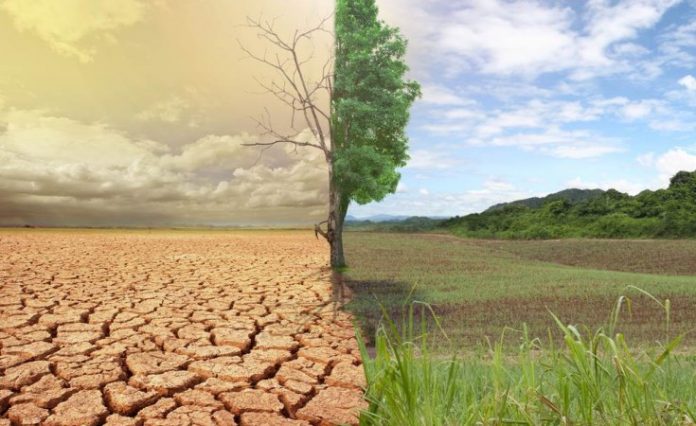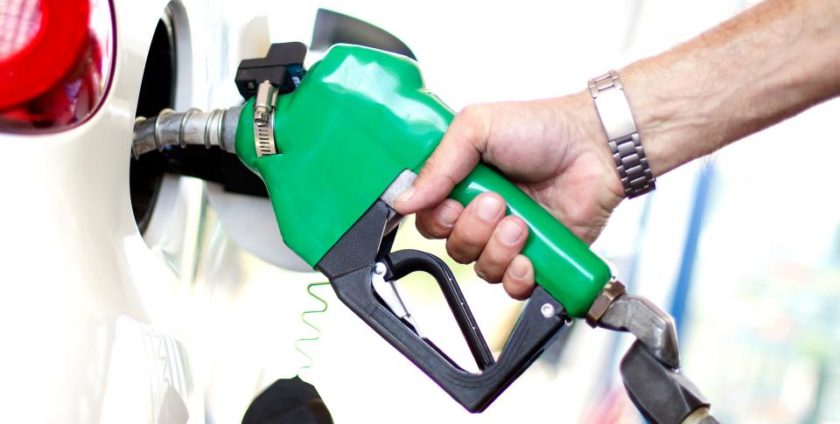World Agrees To $300bn Climate Finance Deal At COP29
The world approved a bitterly negotiated climate deal Sunday but poorer nations most at the mercy of worsening disasters dismissed a $300 billion a year pledge from wealthy historic polluters as insultingly low.
After two exhausting weeks of chaotic bargaining and sleepless nights, nearly 200 nations banged through the contentious finance pact in the early hours in a sports stadium in Azerbaijan.
But the applause had barely subsided in Baku when India delivered a full-throated rejection of the dollar-figure just agreed.
“The amount that is proposed to be mobilised is abysmally poor. It’s a paltry sum,” said Indian delegate Chandni Raina.
“This document is little more than an optical illusion. This, in our opinion, will not address the enormity of the challenge we all face.”
Nations had struggled to reconcile long-standing divisions over how much rich nations most accountable for historic climate change should provide to poorer countries least responsible but most impacted by Earth’s rapid warming.
EU climate envoy Wopke Hoekstra said COP29 would be remembered as “the start of a new era for climate finance”.
Sleep-deprived diplomats, huddled in anxious groups, were still revising the final phrasing on the plenary floor hours before the deal passed.
At points, the talks appeared on the brink of collapse, with developing nations storming out of meetings and threatening to walk away should rich nations not cough up more cash.
In the end — despite repeating that no deal is better than a bad deal — they did not stand in the way of an agreement, despite it falling well short of what they wanted.
The final deal commits developed nations to pay at least $300 billion a year by 2035 to help developed countries green their economies and prepare for worse disasters.
That is up from $100 billion under an existing pledge but was slammed as offensively low by developing nations who had demanded much more.
“This COP has been a disaster for the developing world,” said Mohamed Adow, the Kenyan director of Power Shift Africa, a think tank.
“It’s a betrayal of both people and planet, by wealthy countries who claim to take climate change seriously.”
A group of 134 developing countries had pushed for at least $500 billion from rich governments to build resilience against climate change and cut emissions of planet-warming greenhouse gases.
UN climate chief Simon Stiell acknowledged the deal was imperfect.
“No country got everything they wanted, and we leave Baku with a mountain of work still to do. So this is no time for victory laps,” he said in a statement.
The United States and EU have wanted newly wealthy emerging economies like China — the world’s largest emitter — to chip in.
The final deal “encourages” developing countries to make contributions on a voluntary basis, reflecting no change for China which already provides climate finance on its own terms.
Wealthy nations said it was politically unrealistic to expect more in direct government funding.
Donald Trump, a sceptic of both climate change and foreign assistance, returns to the White House in January and a number of other Western countries have seen right-wing backlashes against the green agenda.
The deal posits a larger overall target of $1.3 trillion per year to cope with rising temperatures and disasters, but most would come from private sources.
Wealthy countries and small island nations were also concerned by efforts led by Saudi Arabia to water down calls from last year’s summit in Dubai to phase out fossil fuels.
The main texts proposed in Baku lacked any explicit mention of the Dubai commitment to “transitioning away from fossil fuels”.
A number of countries had accused Azerbaijan, an authoritarian oil and gas exporter, of lacking the experience and will to meet the moment, as the planet again sets temperature records and faces rising deadly disasters.





